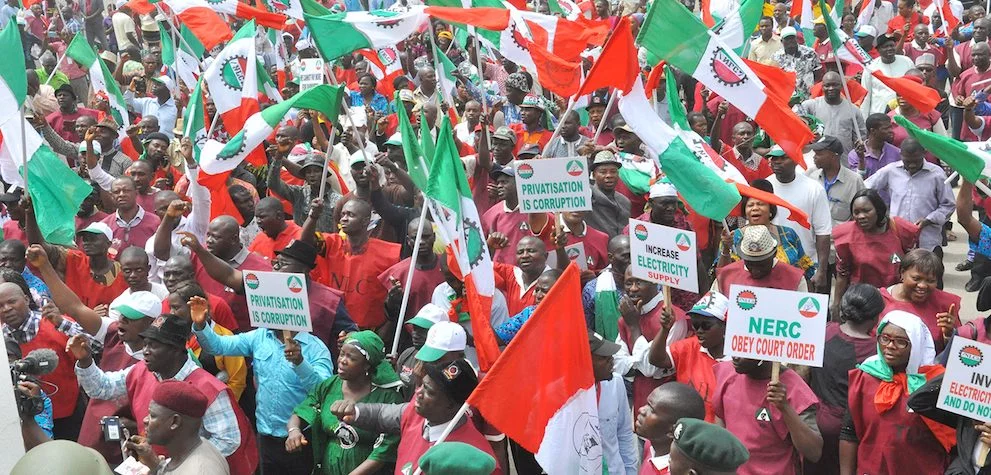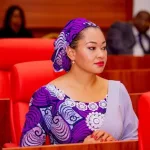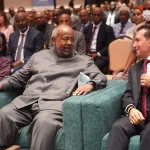The Federal Government has urged Organised Labour to reconsider its decision to embark on an indefinite strike starting Monday, June 3, 2024, in protest of the government’s refusal to raise the proposed minimum wage from N60,000.
Minister of Information and National Orientation, Mohammed Idris Malagi, stated in an interview, “The government is pleading with Labour to reconsider its position. We have offered N60,000, and we believe this is in the best interest of Nigerians.”
Join our WhatsApp ChannelThis plea comes after the Nigeria Labour Congress (NLC) and Trade Union Congress (TUC) announced the nationwide strike. NLC President Joe Ajaero, expressed disappointment over the Federal Government’s failure to conclude and pass into law a new National Minimum Wage Act and reverse the hike in electricity tariffs to N65/kWh.
Ajaero stated: “The government has shown a lack of commitment. No governor was present at the last meeting, and only the Minister of State for Labour and Employment attended from the government’s side. This disdain demonstrates their lack of seriousness.”
He added, “We issued an ultimatum during the May Day celebration demanding the conclusion of the minimum wage negotiation by the end of the month, but there has been no significant progress.”
READ ALSO: Labour Begins Indefinite Strike Monday Over Minimum Wage, Electricity Tariff Hike
The demand from Labour includes a reversal of the electricity tariff hike from N225/kWh back to N65/kWh and an end to the categorisation of consumers into bands. “Nigerian workers deserve fair wages that reflect current economic realities,” Ajaero emphasised.
The strike has widespread support from key unions in the power, oil, and gas sectors, including the Nigerian Union of Petroleum and Natural Gas Workers (NUPENG), Petroleum and Natural Gas Senior Staff Association of Nigeria (PENGASSAN), and National Union of Electricity Employees (NUEE). NUPENG President William Akporeha confirmed their participation, saying, “NUPENG is part of NLC and shall be fully involved.”
The Minister of Information explained that the tripartite committee on minimum wage, involving Organized Labour, sub-national entities, and the Federal Government, was set up to avoid unilateral decisions. He stressed, “Our message is an appeal for Labour to see reason with the government. We are continuing our negotiation with them and believe we can find common ground.”
Friday’s negotiations between the Federal Government and Labour ended without resolution. Labour rejected the government’s offer of N60,000, down from their initial demand of N497,000, now reduced to N494,000. The government’s proposal, based on economic considerations and non-monetary incentives, includes an N35,000 wage award for all treasury-paid Federal workers and various financial support measures for the public.
The organised private sector, represented by the Nigeria Employers’ Consultative Association (NECA), has expressed concern over the impact of the strike on businesses. NECA Director General Adewale-Smatt Oyerinde said, “The offer of N60,000 is a 100% increase from the current minimum wage. We need to strike a balance between workers’ needs and the economic situation.”
Oyerinde added that the demand for Labour could cripple small and medium enterprises and lead to job losses. “Businesses face challenges such as multiple taxes, rising power costs, and high interest rates. The N60,000 offer is sacrificial on the part of the organised private sector.”
NUEE President, Adebiyi Adeyeye, stated that electricity workers were still in discussions about joining the strike. “I’m in a crucial meeting, and I will update you later,” he said.
Former National President of the Association of Nigerian Licensed Customs Agents, Kayode Farinto, indicated that customs agents would not join the strike. “The country does not need a strike now, considering the economy. The government should listen to Labour’s demands,” he said.
The Federal Government remains hopeful that an agreement can be reached. Minister Idris Mohammed reiterated, “A strike is not the solution to our problem. We are committed to continuing negotiations and finding a solution that benefits all Nigerians.”
As the strike looms, the potential for fuel scarcity and nationwide blackouts grows, with unions in the oil, gas, and power sectors poised to shut down operations. The outcome of the negotiations will significantly impact Nigeria’s economic stability and the well-being of its workers.
Emmanuel Ochayi is a journalist. He is a graduate of the University of Lagos, School of first choice and the nations pride. Emmanuel is keen on exploring writing angles in different areas, including Business, climate change, politics, Education, and others.



















Follow Us